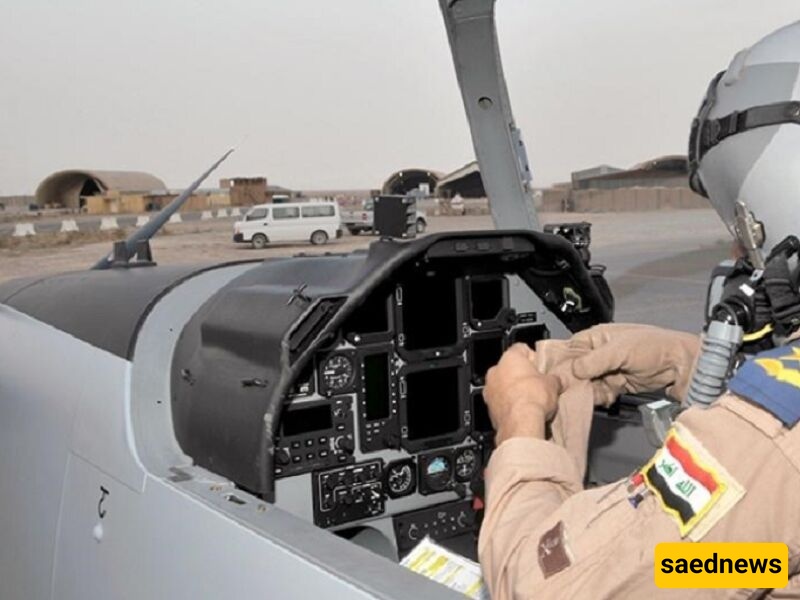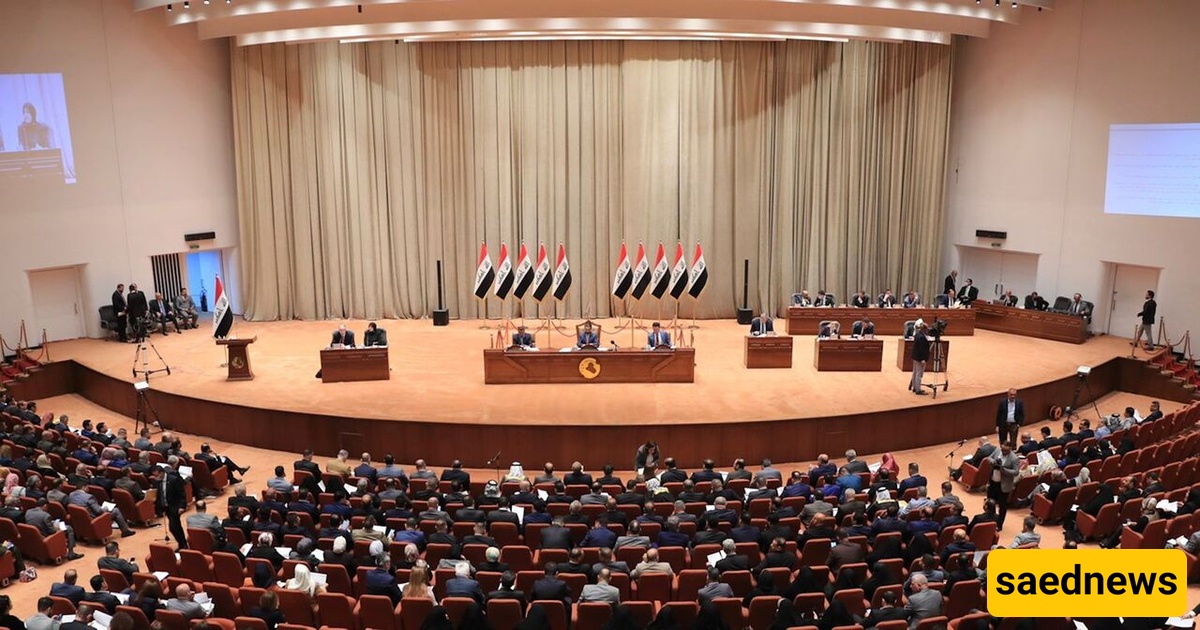SAEDNEWS: An Iraqi lawmaker has raised alarm over repeated violations of the country’s airspace by Israeli warplanes en route to Iran, urging Baghdad to invest in advanced air defense systems and fighter jets. The criticism follows Israeli and U.S. attacks on Iranian cities and nuclear facilities, allegedly launched via Iraqi skies.

According to Saed News,
Iraqi Member of Parliament Firas Al-Maslamawi has publicly criticized his country’s lack of aerial defenses following Israeli airstrikes on Iran that reportedly passed through Iraqi airspace. He called for urgent modernization of Iraq’s air defense systems and the purchase of advanced fighter jets to uphold national sovereignty and prevent future violations.

“Our airspace must not remain open to foreign warplanes and missiles targeting neighboring countries,” Al-Maslamawi said. “The recent attacks on the Islamic Republic of Iran are a clear example of how external powers exploit our vulnerabilities.”
The lawmaker emphasized that both the current administration and future Iraqi governments must prioritize strengthening air defenses, not only to protect Iraq but also to maintain regional stability. He referenced a recent meeting chaired by Prime Minister Mohammed Shia' Al-Sudani, in which the Iraqi Armed Forces were instructed to take serious steps to prevent any unauthorized military incursions.
One of those steps, according to Al-Maslamawi, includes deploying modern defense systems to strategic locations such as the Maysan oil fields—an area he described as critical to national infrastructure.
Yasser Iskandar Watout, another member of Iraq’s Parliamentary Committee on Security and Defense, echoed the concerns, condemning repeated violations of Iraqi airspace and warning that such incursions are being used to conduct hostile operations against Iraq’s neighbors.
“The only viable solution,” Watout said, “is to equip our armed forces with the military hardware necessary to defend Iraq's skies—especially advanced air defense systems. U.S. interference continues to undermine our autonomy in this critical area.”
The issue has gained renewed urgency following back-to-back military strikes: a deadly Israeli assault on Tehran and several other Iranian cities on June 13, and a U.S. missile barrage targeting Iran’s nuclear facilities in Fordow, Natanz, and Isfahan just days later.
The incidents have sparked outrage in Tehran and placed pressure on regional governments like Iraq’s, which now face scrutiny over their role—intentional or not—in facilitating foreign military operations.

